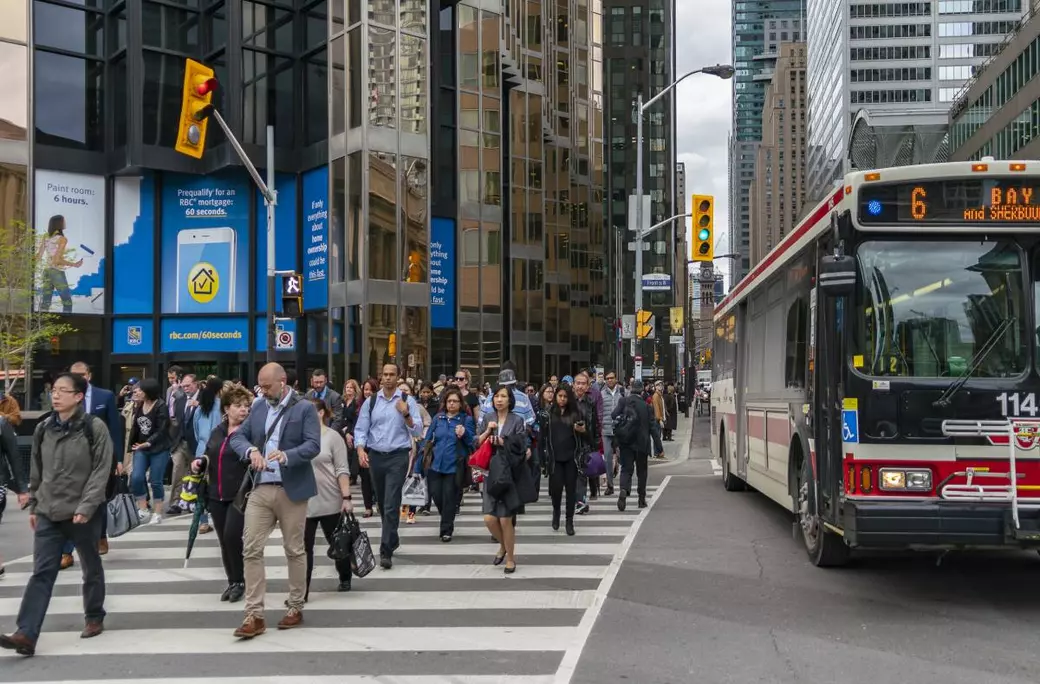The Future of Work and its Impact on Toronto Real Estate

The future of work is undergoing a significant transformation, driven by technological advancements, demographic shifts, and changing attitudes toward remote work and workplace flexibility. These changes are expected to have a profound impact on the Toronto real estate market in several key areas:
1. Remote Work and Flexible Work Arrangements:
- The COVID-19 pandemic accelerated the adoption of remote work and flexible work arrangements, with many companies transitioning to remote work models to ensure business continuity.
- The increasing acceptance of remote work is likely to result in a shift in housing preferences, with some individuals and families seeking larger homes with dedicated home offices and outdoor spaces, potentially leading to increased demand for suburban and outlying areas surrounding Toronto.
2. Urban Revitalization and Live-Work-Play Environments:
- Despite the rise of remote work, urban centers like Toronto are expected to remain attractive due to their vibrant cultural scenes, diverse amenities, and access to professional opportunities.
- The future of work may lead to the revitalization of urban neighborhoods as employers adopt hybrid work models, with employees splitting their time between remote work and in-person collaboration, creating demand for live-work-play environments in dense urban areas.
3. Transit-Oriented Development and Mobility Hubs:
- Transit-oriented development (TOD) and mobility hubs in Toronto may experience increased demand as commuters prioritize convenience and accessibility when choosing where to live and work.
- Proximity to public transit, including subway stations, GO Transit hubs, and bus terminals, may become a more significant factor in real estate decision-making as commuters seek efficient and sustainable transportation options.
4. Commercial Real Estate and Office Space Demand:
- The future of work may lead to changes in office space demand and utilization patterns, with some companies downsizing their physical footprint or adopting flexible office arrangements such as coworking spaces and satellite offices.
- Vacancy rates in Toronto's commercial real estate market may fluctuate as companies reassess their office space needs and adapt to evolving work models, potentially impacting the office leasing market and property values.
5. Tech and Innovation Clusters:
- Toronto's status as a leading tech and innovation hub may be further enhanced by the convergence of remote work trends and the proliferation of digital technologies.
- Tech companies and startups may continue to drive demand for office space, talent, and investment in key innovation districts such as Toronto's downtown core, the MaRS Discovery District, and the Waterfront Innovation Centre.
6. Affordable Housing and Inclusive Growth:
- The future of work highlights the importance of addressing housing affordability and promoting inclusive growth in Toronto, ensuring that all residents have access to quality housing options and economic opportunities.
- Policymakers, developers, and community stakeholders may prioritize affordable housing initiatives, transit-oriented development, and mixed-use projects to create diverse, inclusive neighborhoods that accommodate a range of incomes and lifestyles.
Overall, the future of work presents both opportunities and challenges for the Toronto real estate market, with implications for housing preferences, urban development, transportation infrastructure, and economic competitiveness. Adapting to these changes will require collaboration, innovation, and forward-thinking strategies from stakeholders across the real estate industry and beyond.
Categories
Recent Posts











"My job is to find and attract mastery-based agents to the office, protect the culture, and make sure everyone is happy! "
